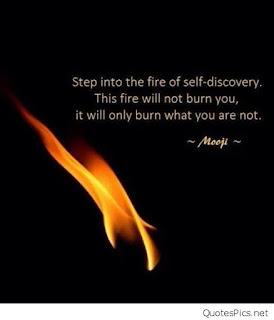Handling Grief
The basic instinct of a person in grief is to shake off the pain as early as possible. The advice we get from others is to 'move on', 'do not brood over the past', 'forget it and continue with the flow of life'. Experts say that this is bad advice as due to this we blame our uncomfortable relationship with grief / bereavement. Actually none of us seeks unhappiness of any kind but the bitter fact is neither can we avoid it.
Grief is not a negative emotion but an amalgamation of polar opposite feelings that have struck our life and which makes our life a conflict where we have to live a life without the presence of our loved ones. The reasons for grief could be loss of some near and dear one / loss of our relations / loss of job / failure of any kind. Grief causes numbness, pining for the person, makes us disorganized and puts us in despair and finally we begin to reorganize ourselves. During this phase we lose control over the urge to look back and keep on brooding over the past, we cry and search for what is lost.
One can talk and share the pain with someone to feel better and lighter. It is okay to cry and vent out. According to psychologists, this is the phase of our life where we lie to ourselves and pretend that things are fine - which they aren't. One must be honest to the self, admit our feelings and talk about it in order to come to terms with grief.
Be in the company of your love ones - the ones who genuinely care for you. Edward Creagan, a medical oncologist and palliative care specialist states that, "Spending some time alone is fine, but isolation isn't a healthy way to deal with grief." A close friend /a confidant / a spiritual leader would be an ideal support in this tough time. Be open to people who are there for you when you are sharing your grief.
We say that 'time is the best healer' but some things can never heal the sting which we have experienced in some situations of our life. The pain is gone but the wounds are unhealed and a slight scratch can trigger the pain at any point of time. But the fact is that we have learnt to live the pain of the faint ache and due to this reconciliation happens better.




Comments
Post a Comment